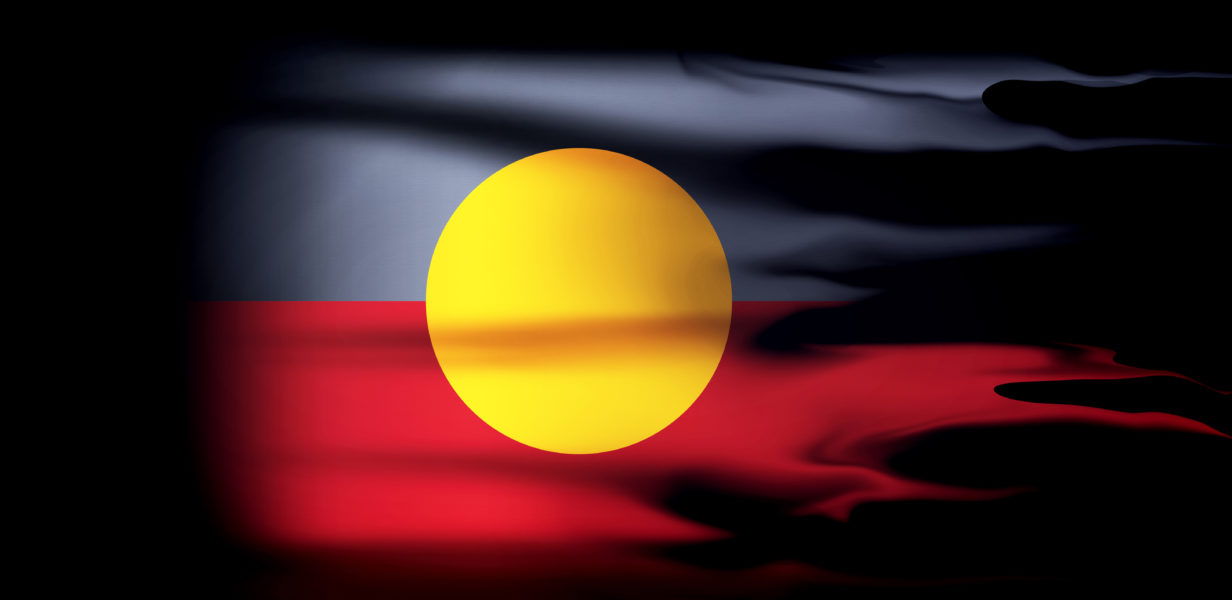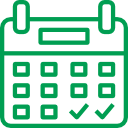
Our doctors have a strong and enduring commitment to working with our indigenous community to improve their health in the very broadest sense.
Flagstone and surrounding suburbs have a significant Aboriginal and Torres Strait Islander population. This practice works within the community to build goodwill and trust to ensure our local indigenous peoples feel welcomed and cared for in their community.
We offer annual detailed preventive health checks and provide general medical care at all times. Our thorough health checks help ensure that Aboriginal and Torres Strait Islander people receive primary health care matched to their needs, by encouraging early detection, diagnosis and intervention for common and treatable conditions that cause morbidity and early mortality
Indigenous health refers to the physical, cultural, social and emotional wellbeing of Aboriginal and/or Torres Strait Islander people (Indigenous Australians).
Many Indigenous Australians experience poorer health than other Australians, often dying at much younger ages. Indigenous Australians are more likely than non-Indigenous Australians to have mental health problems and chronic diseases such as respiratory diseases, cardiovascular disease, diabetes and chronic kidney disease.
There is also a continued high occurrence of certain diseases — and resulting conditions — that are now virtually unknown in the non-Indigenous population. Notable among these are trachoma (a bacterial infection of the eye) and rheumatic heart disease.
Alcohol, tobacco and illicit substances are widely used by Australians, although substance use plays a significant role in the gap between Indigenous and non-Indigenous Australians when it comes to life expectancy and health.
Supporting health with free annual health checks
If you identify as an Aboriginal or Torres Strait Islander person and have a Medicare card, you can get a free health check every year.
This health check is important. It can help identify whether you’re at risk of illnesses or chronic conditions. It’s much easier to prevent these than to treat them, so catching them early can make a big difference.
If you have a chronic condition, your health check can help make sure you are getting the medication and care you need.
You can also ask your doctor about anything you’re worried about or need help with.
Your doctor can only do this health check if you agree. You can have it every 9 to 12 months, and it’s free at any Aboriginal Medical Service or bulk-billing clinic.
After your health check, your doctor can refer you to up to 10 free follow-up services if needed, like:
- a specialist or another health service
- a counsellor
- a service that works to prevent chronic conditions.
Where you can get a free annual health check
You can get your free health check at any Aboriginal Medical Service or bulk-billing clinic. If you prefer to not go in person, you can ask whether they offer phone or video (telehealth) appointments. The service will be able to answer your questions and help you access the services you need.
If you can, try to go to the same doctor or clinic each time, so the health professionals you see know about your health needs.
What happens at a free annual health check
Your health check can take up to an hour. As well as the doctor, you might also see a nurse, an Aboriginal or Torres Strait Islander health worker or another health practitioner.
Your check will depend on your age and circumstances, but your health professional might:
- check your blood pressure
- check blood sugar levels
- measure your height and weight
- do a blood test
- do a urine test
- ask about the health of your family
- talk to you about your health priorities and goals
- do other tests, as needed.
Remember that it’s your check, so tell your health worker about any worries you have.
Your doctor will write down information from your health check on one of the templates from the Royal Australian College of General Practitioners.
Your doctor will let you know if you need any follow-up care to look after your health, and where you need to go for that care.
They might suggest services to help you with your:
- heart
- vision
- hearing
- movement
- mental health.
If you have a Health Care Card, and have or are at risk of having a chronic condition, you might also get free or discounted medicines.
Closing the Gap
Improving the health of Aboriginal and Torres Strait Islander peoples is a national priority. Closing the Gap is a commitment by all Australian governments to improve the lives of Aboriginal and/or Torres Strait Islander peoples. It aims to close the gap of Indigenous disadvantage in areas such as health, housing, education and employment.
In health, Closing the Gap has focused on areas including better access to Medicare and medicines, extra free immunisations, coordinated care for Aboriginal and Torres Strait Islander people with chronic conditions and a program to reduce the high rate of smoking among Indigenous people.
Health programs
The Australian Government has a number of initiatives designed to give better access for Aboriginal and/or Torres Strait Islander people to healthcare services that are essential to improving health and life expectancy, and to reducing child mortality.
The Indigenous Australians’ Health Program provides primary health care, child and maternal health, support for people with chronic diseases and other targeted health activities. For more information, visit the Australian Government Department of Health.

 Book Online
Book Online


 (07) 333 888 23
(07) 333 888 23



